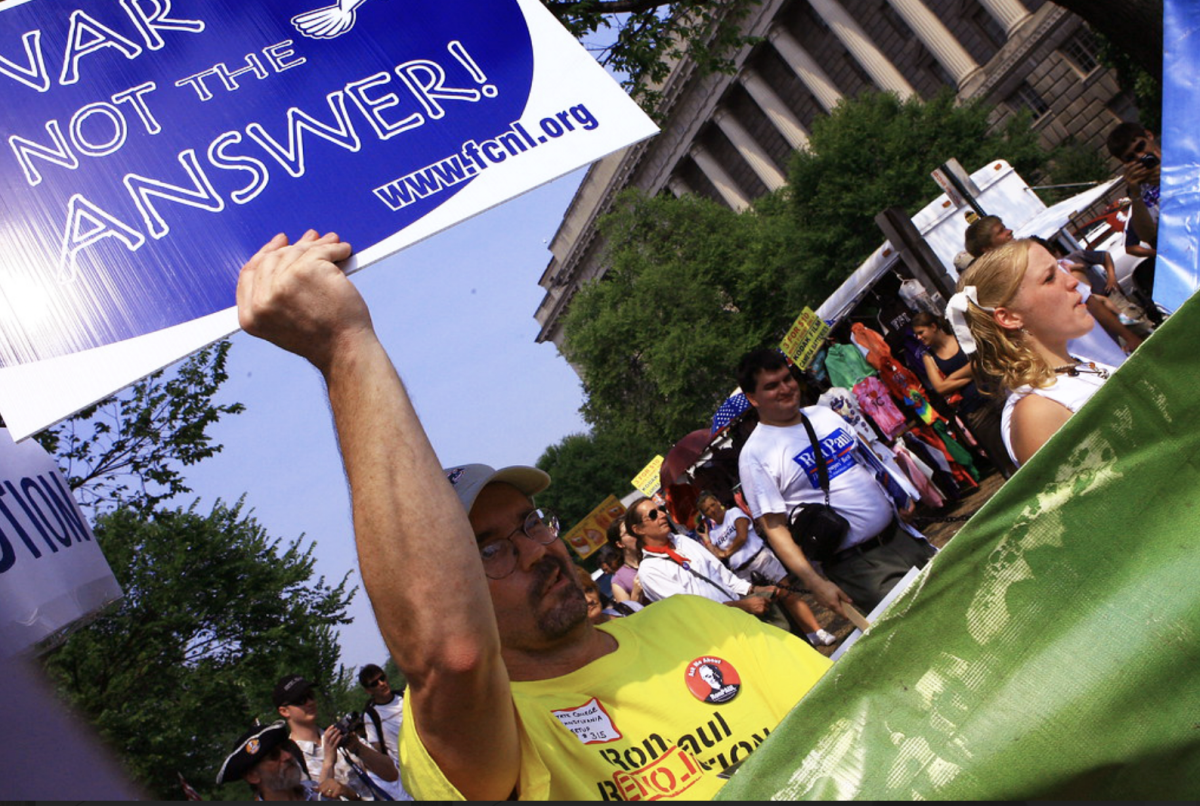On June 1, Sidwell’s Electric Car Race Engineering Team competed in the DC Electric Vehicle Grand Prix for the first time since 2016. The team, headlined by twenty students, earned the award for Best Use of 3D Printing, marking the first time Sidwell has won the award.
According to DCEVGP website, the goal of the competition is to allow high school students t o compete with each other and learn more about their interests in science and engineering.
Built on a closed, 0.25-mile track, each team drives their electrically powered vehicles as far as possible for one hour on the closed loop. The team that covers the longest distance in the allotted hour wins the DCEVGP.
According to Sidwell’s website, sophomore Ruhan Khanna discovered SECRET while browsing the Sidwell Friends’ website.
“Some team members, including myself, have always been passionate about cars and motorsport … That ignited the spark that got the club running,” Khanna explained in an interview. He also mentioned that the club provides an outlet for the student’s interest in STEM-based learning in a fun and engaging way.
Khanna then sought advisers, such as Middle School Science Teacher Badia AlBanna and Upper School Physics, Engineering and Math Teacher Natalia Jasper, to provide guidance and oversee the club’s activities.
While building the car, SECRET faced several challenges, explained Khanna. Their workspace was limited to the lower level of the Upper School garage, and they had severe technical challenges regarding the different components of the vehicle. “The electronics and wiring were especially challenging as all of the components were sensitive, and a small mistake, such as a loose connection, could have fried the main controller,” Khanna said.
The organizers of the DCEVGP made arrangements with partner organizations to assist the schools with their technical, sourcing, marketing and fundraising needs. SECRET obtained corporate sponsorships and raised funds to reach Sidwell’s goal of $5,000 to purchase the components needed to construct a car from scratch. The organizers also provided an official kit of vital materials sourced by NuGen Mobility to ensure the students’ safety and allow them to focus on the learning aspects of the project.
The DCEVGP was originally established for students interested in a career in science or engineering. The competition required drivers to have an electric-motor-driven car, which requires the use of math, engineering and scientific principles. Additionally, the DCEVGP requires learning skills in finance and logistics, while also teaching students more about renewable energy. According to the Global EEE website, the organization hoped students would value the importance of sustainable vehicles in a future of increased climate change.
The team built a well-performing car that safely participated in the competition. Khanna also shared that the best part was “seeing the car drive for the first time.”
According to Khanna, SECRET hopes to compete again next year, as the winners of the competition will travel to Abu Dhabi and race against other international high schools.











































